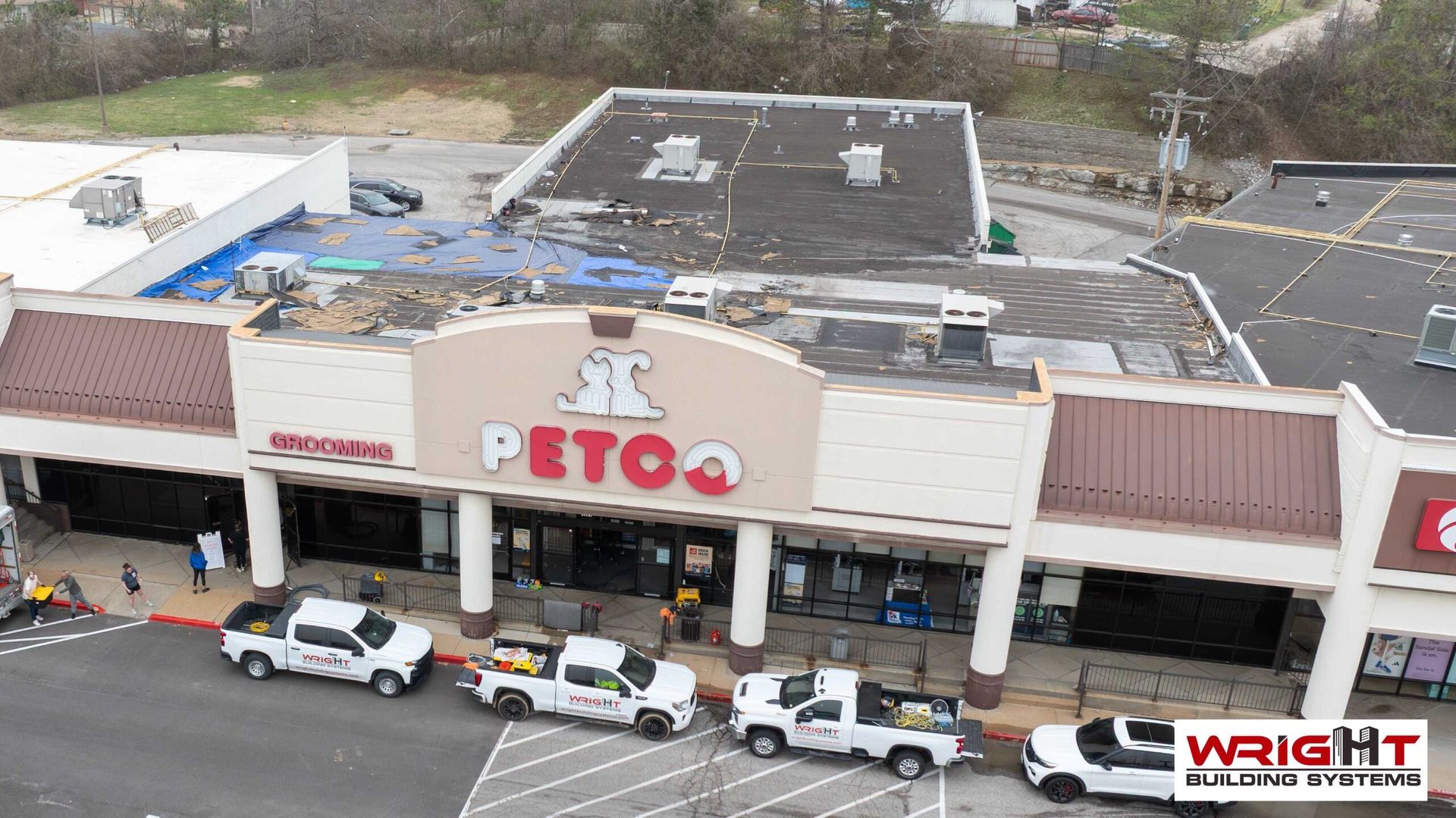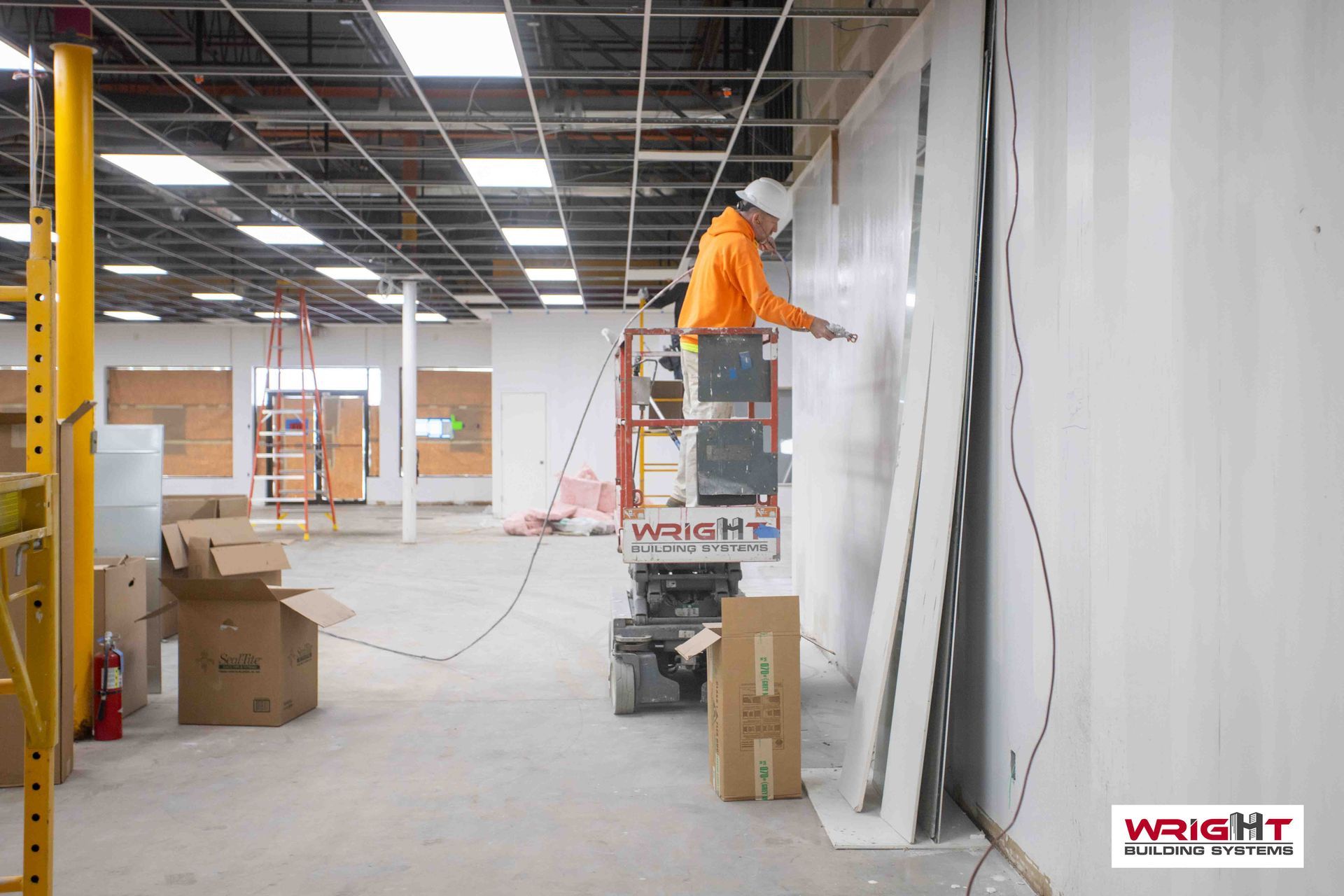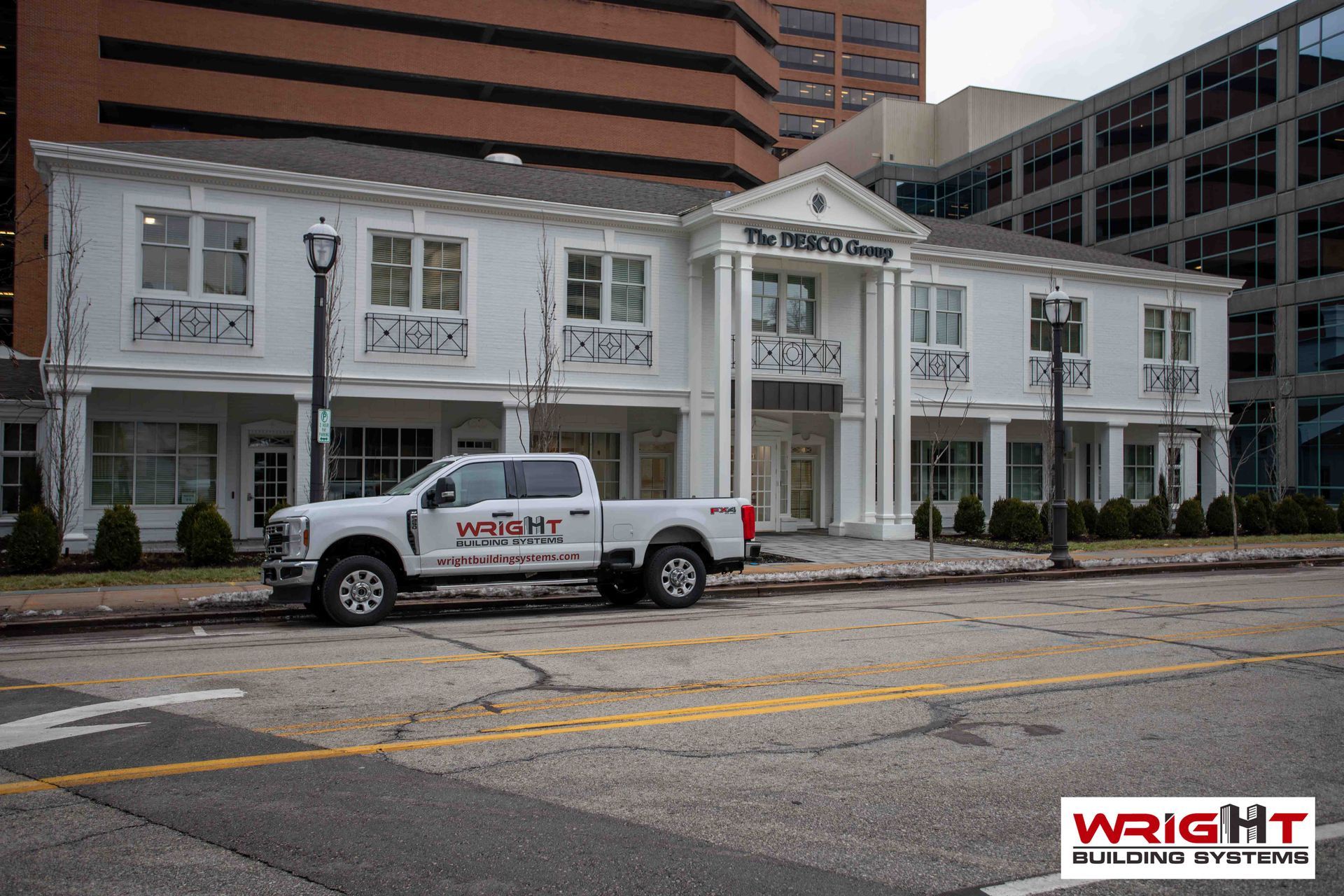Best Practices for SCIF Construction
In today's world, where sensitive information is valuable, constructing secure facilities becomes paramount. Only a small percentage of contractors can take on high-security construction. The contractor needs a highly skilled team, specific accreditations, and a level of efficiency and attention to detail that not all teams have. This blog post will delve into the best practices for SCIF (Sensitive Compartmented Information Facility) construction, focusing on construction and security requirements, SCIF design, and more.
Understanding SCIF Construction
SCIFs are secure facilities designed to protect classified information. These facilities play a crucial role in government and defense-related projects where safeguarding sensitive information is paramount. Regarding SCIF construction, strict adherence to security requirements is essential.
Security Requirements for SCIF Construction
Physical Security:
To ensure the physical security of SCIFs, it is crucial to implement robust access controls, perimeter security, and intrusion detection systems. The team should carefully select the construction materials and techniques to prevent unauthorized entry or eavesdropping.
Technical Security:
SCIFs must also meet strict technical security requirements. This includes implementing secure information systems, such as network infrastructure with stringent access controls and data protection measures. Audio and visual surveillance systems, signal protection, and countermeasures against electronic eavesdropping are essential to maintain the confidentiality of classified information.
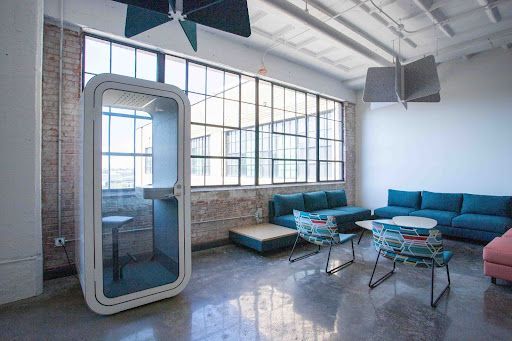
Compliance with SCIF Requirements:
ICD 705 Checklist:
The Intelligence Community Directive (ICD) 705 checklist is vital in ensuring SCIF compliance. It serves as a comprehensive guide for assessing the physical and technical security requirements of SCIFs. Contractors and project stakeholders should be familiar with this checklist and use it as a benchmark during SCIF construction.
SCIF Design Requirements:
SCIF design involves various elements to create a secure environment. Controlled access areas, secure working spaces, and secure storage are integral components. Sound isolation, electromagnetic interference (EMI) shielding, and proper cable management are crucial design considerations to prevent information leakage.
SCIF Construction Best Practices
Collaboration and Expertise:
Successful SCIF construction requires collaboration between the contractor, security specialists, and project stakeholders. Working with a contractor experienced in SCIF construction ensures a thorough understanding of complex security requirements and streamlines the construction process.
Secure Electrical Requirements:
SCIFs have specific electrical considerations to maintain security. These include redundant power sources, uninterrupted power supply (UPS) systems, and surge protection. Proper grounding of electrical systems is also essential to prevent electromagnetic emanation that could compromise information security.
Documentation and Certification:
Thorough documentation throughout the SCIF construction process is crucial. It helps ensure compliance with security standards and indicates adherence to regulations. Obtaining necessary certifications and accreditations demonstrates the commitment to maintaining a secure environment.
Considerations for Government Contractors in Commercial Construction
Integrating SCIFs in Commercial Projects:
Government contractors often face challenges when integrating SCIFs into commercial construction projects. Balancing the security requirements of the SCIF with seamless integration into the retail space is essential. Collaboration between contractors and architects can help achieve this integration.
Compliance With Additional Regulations:
Government contractors involved in commercial construction must also consider additional regulations. These may include accessibility guidelines and environmental standards. Adhering to these regulations ensures compliance across all aspects of the project.
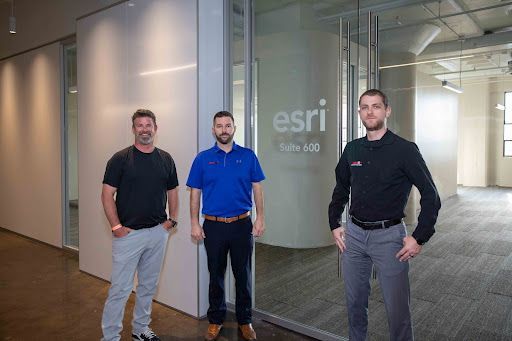
SCIF construction requires meticulous attention to detail and adherence to stringent security requirements. With its expertise in high-security construction and government contractor facilities, Wright Building Systems is committed to providing comprehensive solutions for SCIF projects.
By following the best practices outlined in this blog post, contractors can ensure compliance with construction and security requirements, meeting the needs of government and defense-related projects. If you are considering SCIF construction or want to start another type of commercial construction project,
contact us today!

